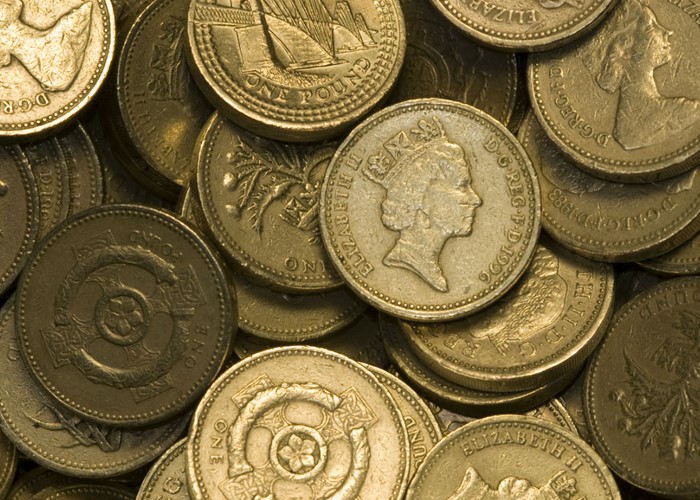NS&I savings bond launched: rate, how to apply, limit, penalty charges and more

National Savings and Investments (NS&I) launches its hotly-anticipated new savings bond today (11 April). We look at the interest rate, penalty charges and how it compares to other savings products.
Sections
- What is the Investment Guaranteed Growth Bond?
- Who can apply for the NS&I bond?
- Minimum and maximum investments
- How much can I earn from the NS&I bond?
- Will the interest on the NS&I bond be taxed?
- Penalty charges
- How safe is the NS&I bond?
- How do I apply for the NS&I bond?
- Can I get a better rate elsewhere?
What is the Investment Guaranteed Growth Bond?
The Investment Guaranteed Growth Bond from NS&I is a three-year fixed-rate savings bond.
The title is slightly off as you are not investing your money in the traditional sense. You won’t be buying stock market investments – your money will remain in cash for the duration of the bond.
Who can apply for the NS&I bond?
The account is available to anyone aged over 16.
You can open an individual account or a joint account with one other person aged over 16. But you cannot have more than one account so it is either individual or joint, but not both.
Savings bond not for you? Take a look at some other top accounts
Minimum and maximum investments
The minimum investment to open the account is £100 and you can deposit up to £3,000. You can keep adding to the account throughout it’s three-year duration until you hit the £3,000 limit.
Just remember though, the more you invest early the more interest you will earn.
Compare loads more savings accounts and ISAs with loveMONEY right now
How much can I earn from the NS&I bond?
Chancellor Philip Hammond confirmed in his Budget speech on 8 March that it will pay a rate of 2.2%.
Interest will be calculated daily and added to your balance every year on the anniversary of your opening the account.
That means if you deposit £3,000 into the account the day you open it you could earn £202 over the three years.
Will the interest on the NS&I bond be taxed?
This account is not an ISA so the money you earn via interest is liable to Income Tax.
However, the Personal Savings Allowance introduced in 2016 allows all basic-rate taxpayers to earn up to £1,000 in interest per tax year in savings interest before Income Tax is due.
Higher rate taxpayers can earn £500 interest but additional rate taxpayers get no Personal Allowance.
Penalty charges
You can withdraw your money but it will be subject to a penalty of 90 days’ interest. If you have £3,000 invested that means you’d pay £16 to take your money out early.
How safe is the NS&I bond?
Despite its name, the Investment Guaranteed Growth Bond does not involve any investments, it is a cash savings account. That means there is no investment risk.
Your cash is also protected because it is offered by NS&I, which is Treasury-backed. That means 100% of your money is guaranteed.
Compare more savings offers with loveMONEY
How do I apply for the NS&I bond?
The Investment Guaranteed Growth Bond will be available until April 2018.
You can only apply through the NS&I website – phone and postal application are not allowed. It's the first time NS&I has launched an online-only product, and critics claim many thousands of savers with no access to the internet will be excluded from the deal as a result.
Can I get a better rate elsewhere?
The 2.2% rate is the best-paying three-year savings account on the market.
What's more, with the relatively low penalty to withdraw your money means that, if rates go up over the next three years, you could still move without losing out.
However, 2.2% isn’t the best rate out there for savings: there are several current accounts where you can earn a lot more.
Nationwide's FlexDirect account pays 5% on balances of up to £2,500 fixed for a year, while the Tesco Bank Current Account pays 3% on the first £3,000 and is guaranteed until April 2019.
Bear in mind that the interest earned in current accounts forms part of your Personal Savings Allowance.
If you earn more than £1,000 a year (£500 if you are a higher rate taxpayer) in interest across all your savings accounts then you’ll have to pay Income Tax.
If there is a chance of that happening, or your earnings could rise this year pushing you into a lower personal allowance, then you may be better off putting your money in an ISA where it will remain tax-free.
Compare loads more savings and ISAs with loveMONEY right now
Comments
Be the first to comment
Do you want to comment on this article? You need to be signed in for this feature